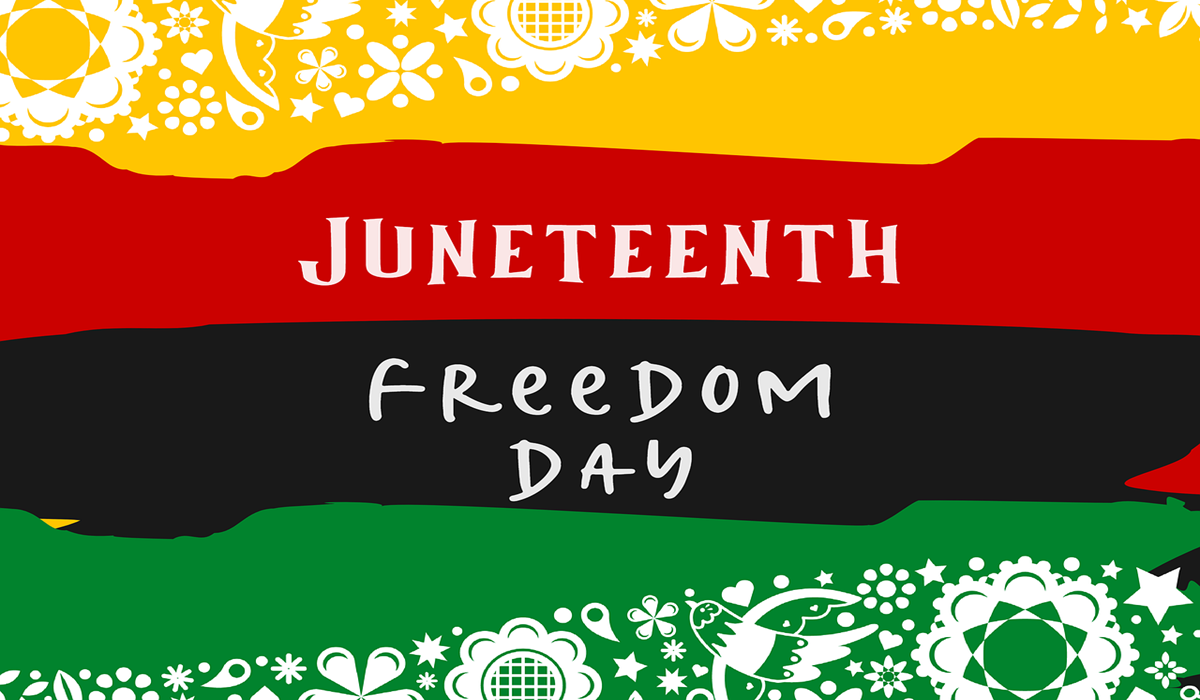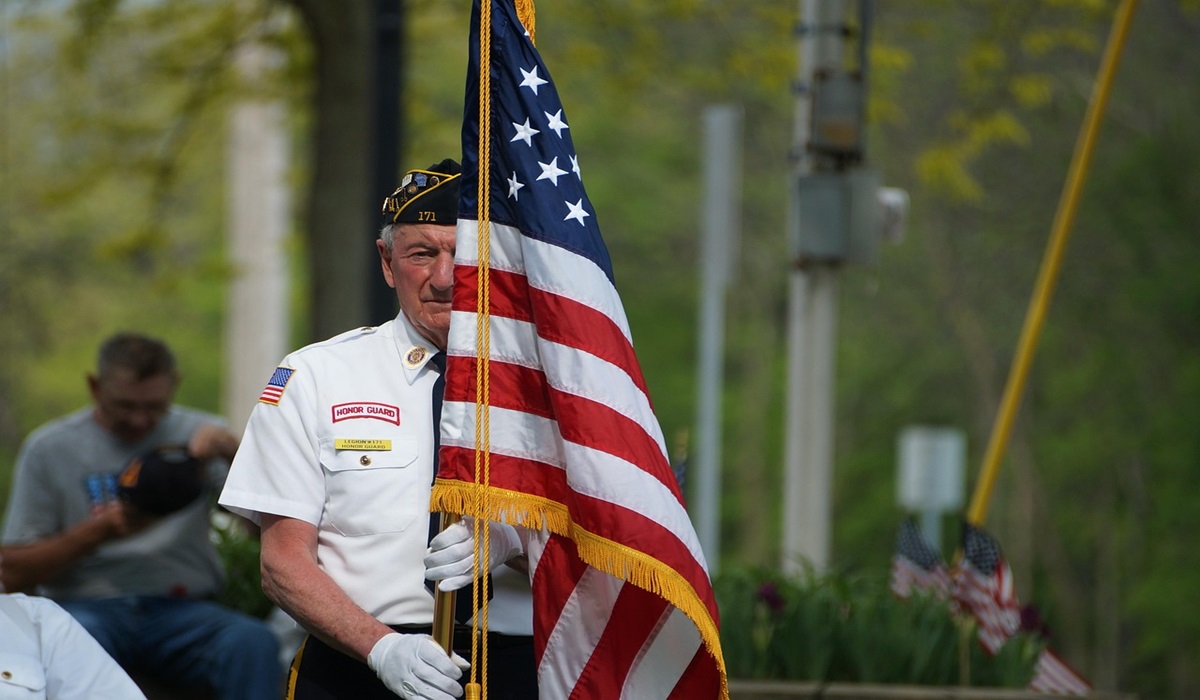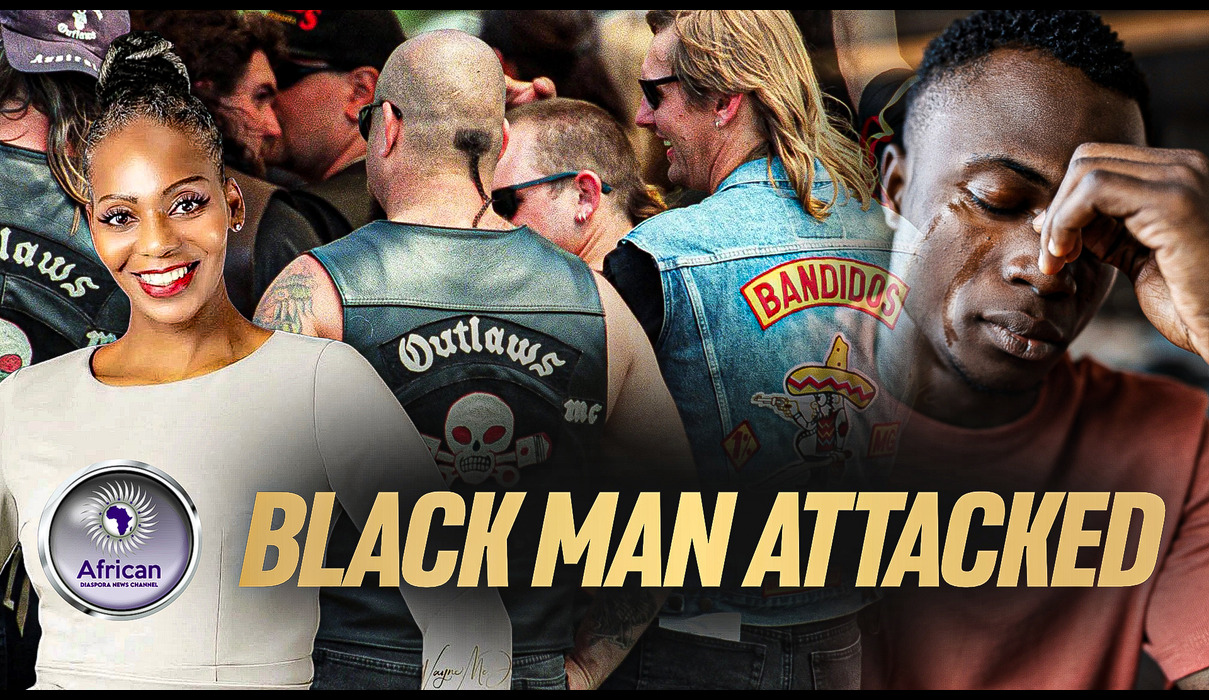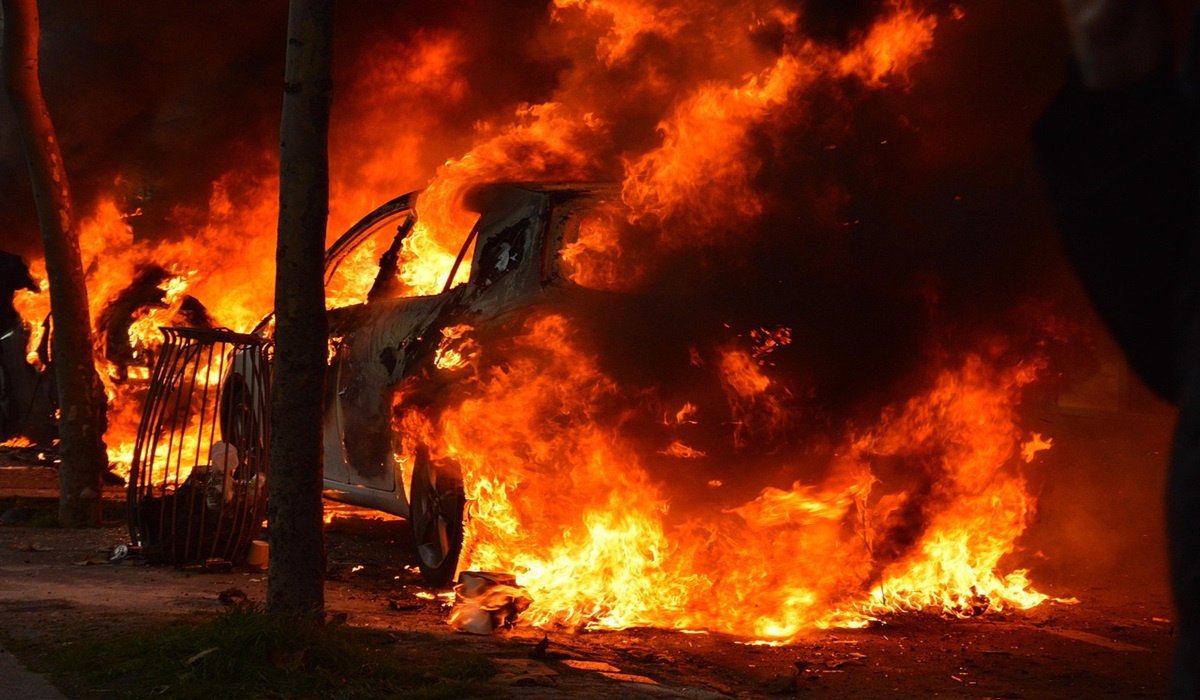His Worship In Waiting: Zohran Mamdani Clinches Historic Win in NYC Mayoral Primary
- TDS News
- U.S.A
- June 25, 2025

In a seismic political upset that has upended the established order of New York City politics, State Representative Zohran Mamdani has officially secured the Democratic nomination for mayor. With 93% of ballots counted in the first round of the primary, Mamdani led with a decisive 43.5% of the vote, pushing former Governor Andrew Cuomo—who trailed with 36.4%—to concede the race late Tuesday night.
The significance of this victory cannot be overstated. In a city long dominated by machine politics, deep-pocketed developers, and transactional governance, Mamdani’s win represents not just a changing of the guard, but a redefining of what political leadership in New York—and potentially America—can look like. It’s been decades since this city had a leader whose political compass points so clearly toward public accountability and away from special interests.
Cuomo, who sought a political comeback on the heels of his polarizing gubernatorial legacy, entered the race with name recognition, institutional backing, and a war chest few could match. And yet, he lost to a candidate whose campaign relied not on old alliances but on organizing, vision, and authenticity. Mamdani’s campaign wasn’t shaped in back rooms—it was built on the streets of Queens, Brooklyn, and the Bronx. This was the people’s campaign, and the people showed up.
Mamdani’s victory is the culmination of years of grassroots momentum. As a State Assembly member, he earned a reputation for unwavering support of tenants, immigrants, working families, and marginalized communities. His platform wasn’t a cautious rehash of centrist talking points—it was bold, unapologetic, and clear in its priorities: housing justice, public ownership, expanded transit access, and a reinvestment in communities over carceral systems. These ideas, once dismissed as too radical for City Hall, are now heading there—carried in by a movement that has matured, organized, and won.
This win is also symbolic of something deeper: a realignment of American urban politics. Mamdani, a Muslim-American of Ugandan-Indian descent, represents a new generation of leadership—one that is rooted in personal experience, driven by moral clarity, and unafraid of structural confrontation. For many New Yorkers, especially young voters, renters, and people of color, this primary was not simply about selecting a mayor. It was about reclaiming their city from the grips of bureaucratic inertia and corporate capture.
Though Cuomo never directly attacked Mamdani’s identity, the contrast between the two candidates couldn’t have been more pronounced. One stood for continuity, the other for transformation. One offered managerial expertise and vague promises of stability; the other offered an uncompromising commitment to the needs of everyday New Yorkers. In the end, voters chose the future over the past.
Mamdani’s campaign resonated because it reflected lived realities. Skyrocketing rents, police overreach, transit decay, and the steady erosion of public trust have left millions of New Yorkers feeling abandoned. Mamdani didn’t just acknowledge these crises—he treated them as policy emergencies requiring urgent, systemic change. His proposals for social housing, fare-free MTA service, climate resilience, and school reinvestment weren’t just campaign flourishes; they were blueprints for a city that prioritizes human dignity over corporate profits.
Faith leaders across religious and cultural lines have rallied behind his vision—not out of political convenience, but because they see in Mamdani a rare authenticity. His commitment to pluralism and justice resonates across mosques, churches, synagogues, and temples. His mayoral candidacy has unified a city too often fractured by class, race, and geography, proving that coalition-building still matters when it is rooted in shared purpose, not superficial optics.
The general election looms in November, but the road ahead is clear. In a city where Democrats outnumber Republicans by a 7-to-1 margin, Mamdani is now the presumptive mayor-elect. What remains is not a contest for power, but a test of delivery. Can this insurgent candidate convert his ambitious agenda into real, lasting reforms in a city as politically complex and economically unequal as New York?
If history is any guide, Mamdani will not walk into office under any illusion of ease. The forces that opposed his candidacy—the real estate lobby, entrenched political machines, and conservative media outlets—are not going anywhere. The challenges awaiting him in City Hall are immense: balancing budgets, resisting austerity, managing labor relations, and facing federal and state constraints on progressive policymaking. But the mandate he now carries is undeniable—and it’s one that few mayors in recent memory have possessed with such clarity.
That clarity is not just ideological—it’s generational. Mamdani is part of a national movement of young leaders who are demanding a new social contract. He is not content to “tinker” with systems built on inequality. He is determined to reconstruct them. His rise mirrors a broader dissatisfaction with politics-as-usual, not only in New York but across America.
It is no stretch to say that Mamdani is now one of the most consequential political figures in the country. And as his platform gains traction and his governance begins, it’s only natural to speculate on what lies beyond the mayoralty. A successful tenure in Gracie Mansion could very well position him for the national stage. If his first campaign for mayor is any indication, he’s not afraid to aim high—and New Yorkers, and perhaps Americans at large, are increasingly ready to follow.
For now, however, Mamdani’s focus remains on the city that raised him and the people who placed their trust in him. After decades of mayors who prioritized donors, corporations, and the police unions, New York has chosen something—and someone—radically different. A public servant who is not beholden to lobbyists. A policymaker who sees renters, not landlords, as the backbone of the city. A leader who will govern with compassion, discipline, and a north star rooted in justice.
Zohran Mamdani’s victory marks the dawn of a new political era in New York. It is a reminder that real change is not only possible—it’s already underway. And if the energy and discipline that powered his campaign carry into his administration, then the country’s most complex and iconic city might soon become its most visionary as well.
The countdown to November 4 has begun. But make no mistake—this race is already changing the country. The rest of America would do well to watch closely. Because from the avenues of Queens to the steps of City Hall, a new kind of leadership has arrived. And it isn’t going anywhere.








